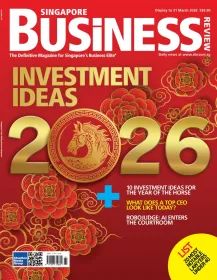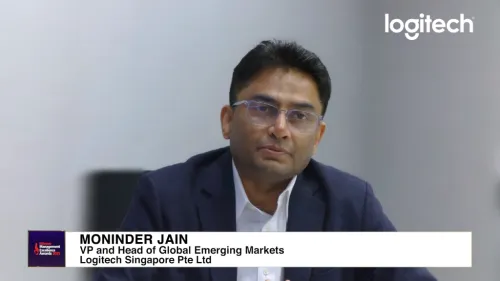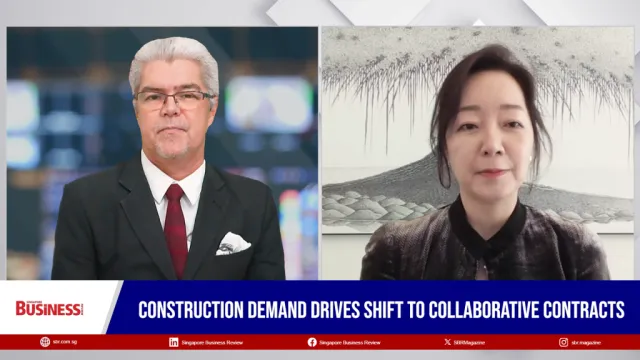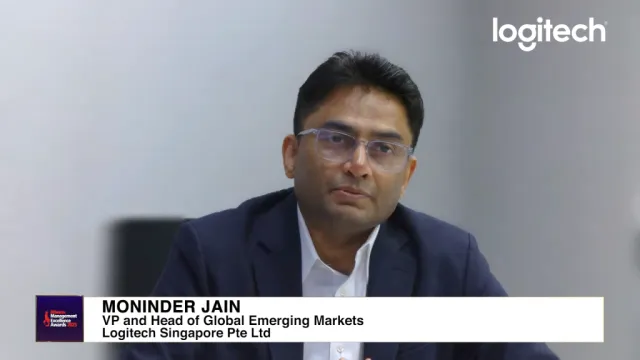Join the community
Thought Leadership Centre
Most Read
1. Singapore to slash CDC vouchers as Budget 2026 pivots to defence 2. Budget 2026 to surge tech funding as ageing workforce squeezes growth: analysts 3. OCBC and UOB to reverse year-long NIM slide in Q4 4. E-ang bao use jumps nearly 50% in 2025 as seniors ditch red packets: OCBC 5. UOB set for growth as DBS, OCBC earnings hold steady: reportResource Center
Awards
Apr
14
Event News
Singapore Business Review Management Excellence Awards 2025 Winner: Moninder Jain of Logitech Singapore Pte Ltd
Moninder Jain of Logitech Singapore highlights how human and AI collaboration strengthened the company’s market position.


 Advertise
Advertise
















Commentary
Small Businesses Should Be Using the Supercomputers They Already Have
Small Businesses Should Be Using the Supercomputers They Already Have
In the COVID-19 era, are Singapore employers doing enough to truly develop talent?
Keeping the digital virus away
Reimagining the future of work and the new normal
Financial companies start to increase hiring as Singapore returns from the Circuit Breaker
Transfer pricing in pandemic times
Digital will only pay out if it spans the generations
Mitigating Supply Chain Disruption in the Manufacturing Industry
Circuit Breaker: the perfect time to innovate
Working from home, Singapore and the COVID-19 productivity factor
Maintaining Productivity? Employers need to meaningfully support employees as they work from home
How to Ensure Data is Going Places – at a Time We Cannot
Give Your Business' Data Protection Processes a Coronavirus Health Check
Why time in the market is better than timing the market
Hong Kong's Possible Loss of Special Status Reiterates Singapore's Stability
Charting the Future of Drone Delivery
Human Resources: COVID-19 Workforce